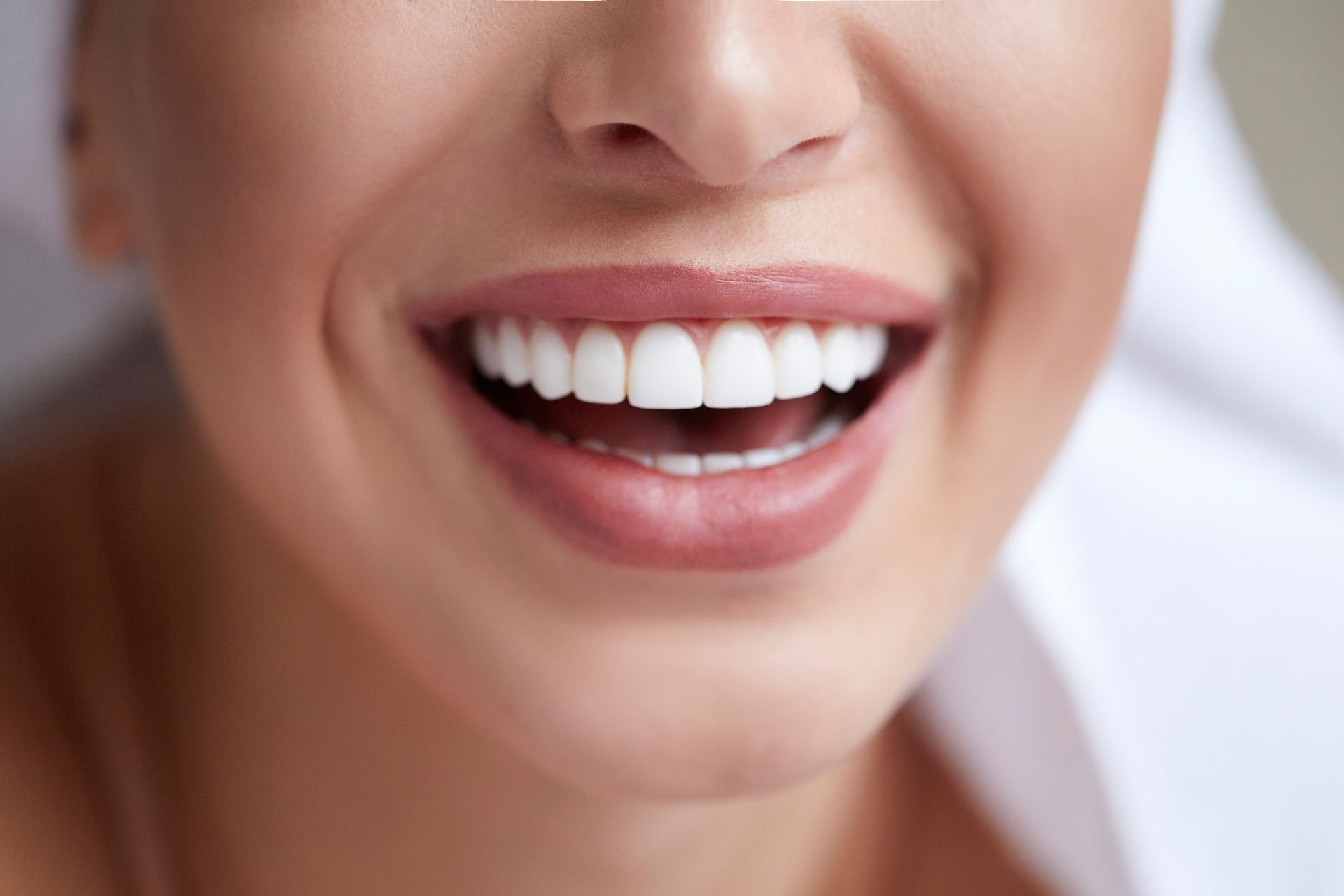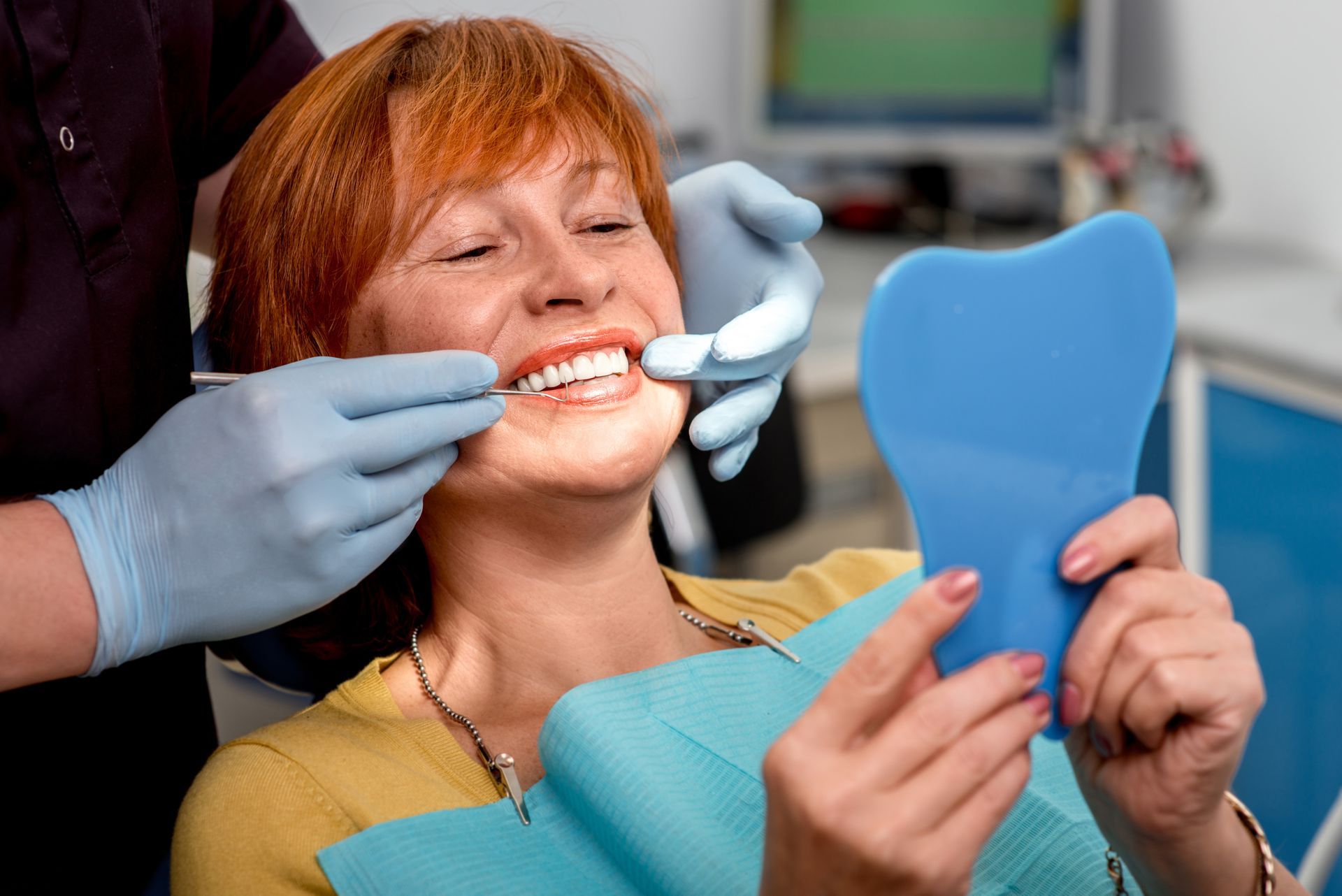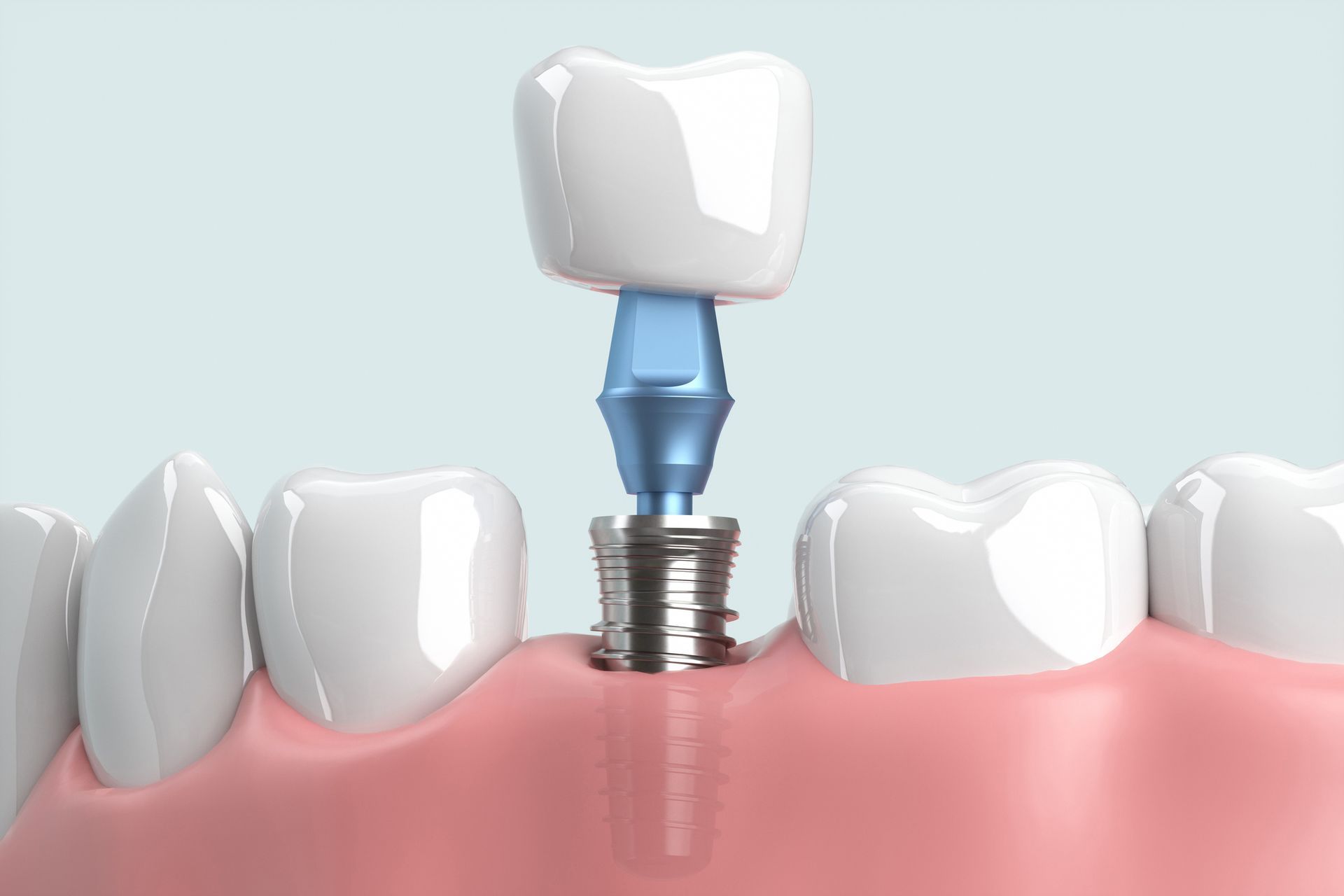THE NEGATIVE EFFECTS OF MENOPAUSE ON ORAL HEALTH
- By Admin
- •
- 16 Aug, 2019

Menopause-related estrogen decline not only raises the risk for osteoporosis, but it may also be linked to oral problems. During menopause, it is important that you see your dentist on a regular basis and maintain good oral hygiene.
If menopausal-related dental problems are treated early on, tooth loss may be prevented. Here are some ways menopause can affect your oral cavity and what you can do.
Periodontal Disease
Menopause may be a risk factor in the development of periodontal disease. Declining estrogen levels not only contribute to bone loss of the spine and hips, but also to bone loss of the jawbone, raising the risk for loose teeth and tooth loss.
If you are menopausal, your physician can order a diagnostic test to evaluate your bone density. If the results of your test indicate bone loss, your doctor can recommend an appropriate treatment plan. This treatment plan may include bisphosphonate drugs, which help prevent periodontal disease from progressing. Periodontal disease is a disease of the gums, and the symptoms include:
- Gum inflammation
- Bright red or purple gums
- Bleeding gums
- Gum tenderness
- Receding gums
- Gaps between your teeth
- Pus formation
- Loose teeth
- Bad breath
- Bite problems
- Chewing pain
If you develop any of the above symptoms, see your dentist as soon as possible. If needed, you will be referred to a periodontist, a gum disease specialist.
Maintaining a strict regimen of brushing and flossing, and seeing your dentist on a regular basis for checkups and dental cleanings will help keep your gums healthy. However, if your periodontal disease is advanced, your periodontist may intervene with the following treatments:
- Scaling to remove tartar
- Antimicrobial oral rinses
- Oral antibiotics
- Flap surgery
- Bone and tissue grafts for severe disease
The success of the above interventions may also depend upon your oral hygiene routine. You will still need to maintain a strict oral hygiene routine and, if you are a smoker, either quit or cut down on smoking.
Dry Mouth
Menopause can also cause a dry mouth, which may increase your risk for gum disease and cavities. When your salivary glands fail to produce enough saliva to wash away oral bacteria, germs can accumulate inside your mouth, raising your risk for gingivitis and tooth decay.
Dry mouth, also known as xerostomia, can make it difficult for you to eat and swallow. Saliva helps soften and break down your food so that it can be swallowed easily, and when your salivary glands fail to produce enough saliva, your food may not go down your throat into your esophagus properly.
If you suffer from dry mouth, drink plenty of water throughout the day, avoid caffeinated beverages, enjoy sugarless gum or hard candies, and talk to your physician about the medications you take that may include dry mouth as a side effect.
If you still suffer from oral dryness despite the aforementioned interventions, see your dentist. He or she will examine your mouth and recommend a treatment plan for your xerostomia. If your dentist believes that your dry mouth is caused by a medical disorder, you may be referred to your primary care doctor.
It is thought that hormone replacement therapy, or HRT, may play a role in improving the oral health of menopausal women. Estrogen replacements may help reduce the risk for tooth loss and that it may also help strengthen the structures that support the teeth.
Estrogen may also help speed the healing of periodontal disease in women who receive hormone replacement therapy. Discussing hormone replacement therapy with both your physician and dentist will help you determine whether it is an appropriate treatment option for you.
To learn more about how menopause affects your oral health, or to make an appointment, contact us today.













